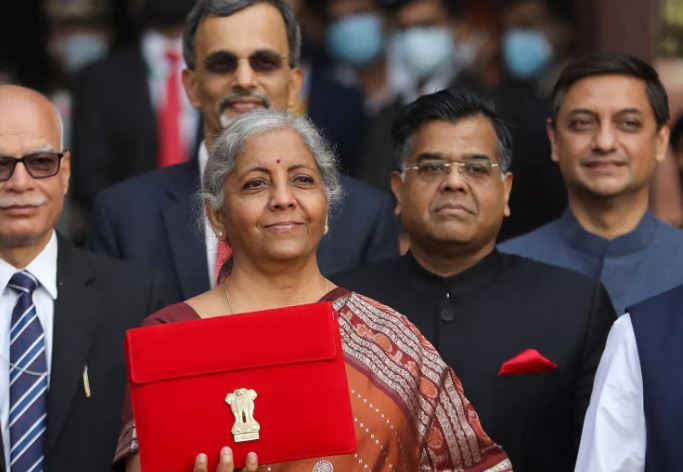The interim budget is a practical arrangement that enables the government to fill this gap. The full Union Budget is presented by the newly-elected government after the Lok Sabha polls.
Updated On – 21 January 2024, 10:22 AM

New Delhi: An Interim Budget is presented by a government in its last year in office ahead of the Lok Sabha elections.
The need for an interim budget arises because a fresh approval is required from the Parliament to withdraw money from the Consolidated Fund of India to run the government as the existing 2023-24 Budget is valid only till March 31 this year. Since the Lok Sabha elections will be held in April-May this year, funds will be required to run the country till the new government takes over after the elections.
The interim budget is a practical arrangement that enables the government to fill this gap. The full Union Budget is presented by the newly-elected government after the Lok Sabha polls.
An Interim Budget is similar to a Union Budget in that the ruling government tables in Parliament the estimates of its expenditure, revenue, fiscal deficit, and financial performance and projections for the upcoming financial year. Although major tax proposals are not made, the ruling government can tweak some taxes.
This had happened in the interim budget ahead of the 2019 Lok Sabha elections, when the income tax deduction limit was raised by the government to give salaried professionals some relief.
The government, however, does not make any major policy announcements during the Interim Budget which could financially burden the next government that will present the full Union Budget. According to the Election Commission’s Code of Conduct, the ruling government cannot include any major scheme in the Interim Budget as it could influence voters.
The government also does not present the Economic Survey along with the Interim Budget which is done a day before the presentation of the main budget.




